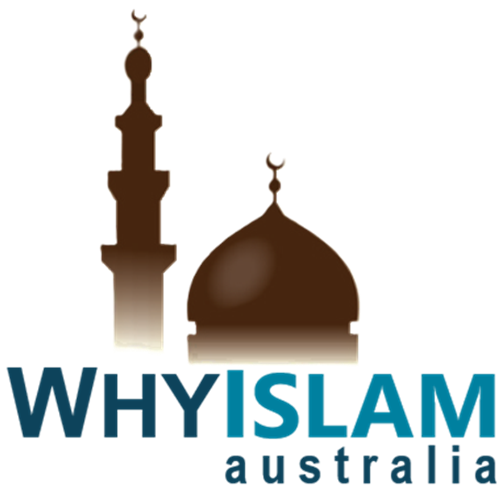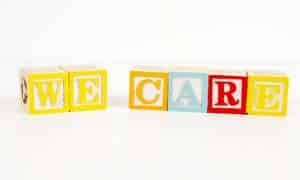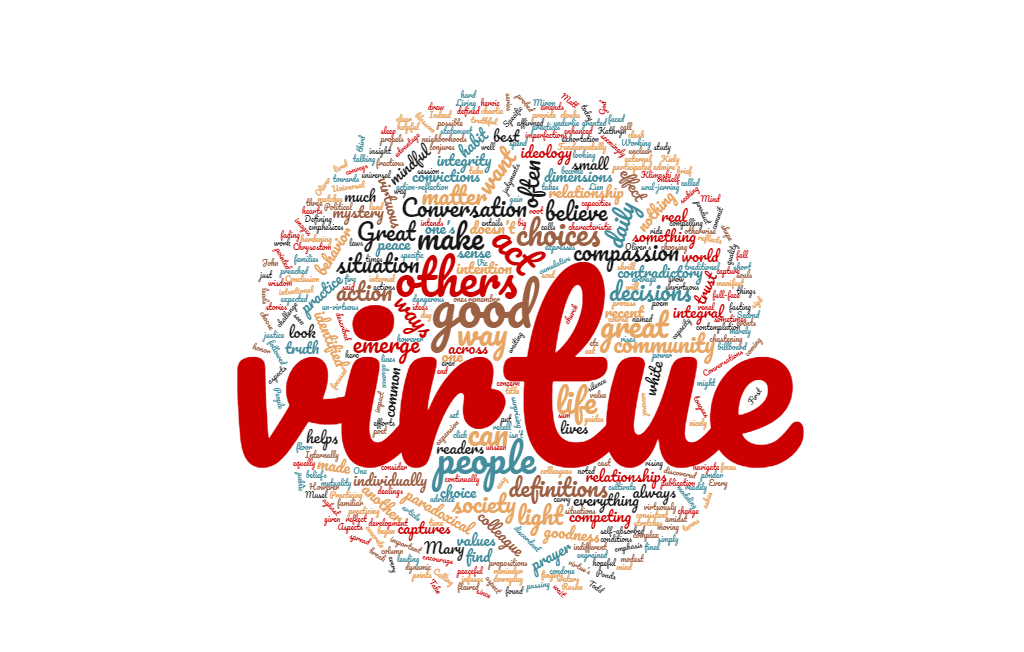Mosques and Muslim Settlement in Australia
Bouma, Gary D. Mosques and Muslim
Settlement in Australia, Canberra,
Bureau of
Immigration and Population
Research/Australian Government Publishing
Service, 1994, pp 87 and 90-97.
Chapter 9 – The future of
Islam in Australia
Islam is going to play a significant role in
Australia’s future. It has been a factor in the
settlement of Muslim immigrants to Australia. The size of the Muslim population certainly guarantees that a Muslim presence is here to stay and its youth implies that it will grow.
Mosques and Islamic societies are emerging as important social mechanisms in the adaptation of many new Muslim immigrants to Australia and for the expression of Islamic interests in this society. For example, a study of the Preston mosque in Melbourne depicts a growing community offering an increasing array of services to those who participate (Ayan 1990).
Mosques are providing important links between Muslim individuals and families and other structures of Australian society. Mosques and Islamic societies have helped to interpret Australian events and policies to Australian Muslims and to interpret Islamic events and policies occurring both here and overseas to departments and agencies of Australian governments. The role of the mosques in interpreting the events surrounding the Gulf War to both Australian Muslims and to the Australian Government is a case in point.
Several implications arise from the fact that Islam in Australia is represented by relatively recently arrived immigrant communities. While most of the Muslims now in Australia are of the Sunni branch of Islam, there is no one Muslim community. Communities have emerged in those places where large enough concentrations of people from Islamic backgrounds have settled. These communities have grown up around different languages, different national backgrounds and different communities of origin. This is not something unique to Muslims; similar patterns can be seen among other immigrant groups. Thus there is great diversity within Islam, including many of the national and theological variations of worldwide Islam. This provides a rich ground for the growth of an indigenous Australian expression of Islam. While being part of worldwide Islam, Australian Muslims are cooperating to construct an expression of Islam which is grounded in Australia. According to Ali Roude, many mosques include both Sunni and Shi’ite Muslims who work together to shape programs and policies for the local situation.
In order to interpret what has been discovered about the role of Islam in settlement it is appropriate to discuss the larger social context within which this process is taking place and which is being influenced by the new presence of Islam in Australia. While Australia is described as a pluralistic, multicultural society, the processes of negotiation involved in accommodating Islam within Australia’s religious mosaic provide an opportunity to see how well multiculturalism is working in Australia…
Conflict between the claims and needs of
various religious groups has been a feature of Australian history from the start (Hogan 1987; Breward 1993). Under an umbrella of common law and British Protestant tradition, Australia has developed notions of fair play, equal worth of human dignity and live and let live. Within this framework many different cultural, national, religious and lifestyle groups have and are negotiating their way in this society. This is not done with a complete lack of conflict even where there is the best will. In the process of negotiating a proper place and role within Australian society, both the larger society and the particular religious, cultural or lifestyle group will grow and change. This fluid process of inter-group negotiation within a particular national structure is the prevalent mode of multicultural pluralism in western industrial societies.
Australia has made major strides toward this multicultural ideal. Not only are State governments and the Federal Government committed to this ideal, but most religious and other groups, including Islamic organisations, work towards it. There are laws against harassment and discrimination on various bases, although no constitutionally enshrined ‘bill of rights’. There is some anti-vilification legislation and many organisations, institutions and government departments have issued directives against prejudice, discrimination and harassment. That there is more to be learned and more progress to be made is unquestioned, but equally unquestioned is the fact that much progress has already been made.
Learning to be multicultural has many advantages for Australia. No longer is it adequate to be competently British or American. Australia is in Asia. Australia’s nearest neighbour, Indonesia, is the largest Muslim country in the world. Overseas trade requires intercultural sensitivity, including religious awareness and sensitivity. Secularity, that is the denial that religion is important, is not an
adequate response in an environment both local and international in which religion is important. This approach has for too long characterised the responses of Federal Government bureaucrats, legislators and policy-makers. Mere evenhandedness, while better than uneven handedness, lacks the particular sensitivity and understanding required to work successfully with the different societies with which Australia is trying to develop mutually beneficial and profitable relations. A knowledge of and respect for a variety of religious orientations, beliefs and practices is essential, not simply an aesthetic nicety.
Islam in multicultural Australia
Multicultural Australia will be challenged, strengthened and extended by the inclusion of Muslim communities. It has been and will be greatly enriched as the particular skills, orientations, knowledge and art of this community are increasingly felt. This process which is already well under way will not be an easy one for either the Islamic communities or the larger society. Both have new things to learn, adjustments to make, and new tolerances and appreciations to develop. No person or group finds change easy, but both Australian society and many of the religious groups within it, including Muslims, have shown a great willingness to learn and find creative ways to go forward.
Multiculturalism is not new to Islam. There have been a variety of places, such as Spain, Palestine and India, in which Islam has been in a multicultural, pluralistic position for long periods of time. Cultural pluralism was the basic social condition of the Ottoman Empire. However, in most places in the world much of Islam has for most of its history enjoyed the dominant cultural and social position. Islam is now in the process of developing ways of operating as a significant minority within a number of western pluralistic societies in several nations, including Germany, France, England, Canada and Australia, where it now finds itself as a result of the patterns of post-Second World War immigration.
However, multiculturalism in the sense of an assumed equality among various cultures is relatively new to Islam, just as it is to most other religious groups (Bouma 1992b). Forty-three per cent of Muslim immigrants to Australia have come from countries in which Islam is the major religion. Those who have come from countries in which they were minorities have often been seeking refuge from religious and political persecution. (I am indebted to Riaz Hassan for directing my attention to these proportions.) This does not mean that Muslims will not be able to develop a relationship of one among a plurality of equal religious groups. Indeed, it may be more of a challenge to some Christian groups. This does mean that such a relationship with the larger society will be a new thing to many Muslim immigrants to Australia. Indeed some of the problems voiced by interviewees about their reactions to Australian culture centre on precisely this issue. Data (on arrival experiences, difficulties and benefits) indicate that after homesickness, Australian culture was the most frequently cited source of difficulties.
Some people are concerned that the task of finding an appropriate multicultural way of
operating as Muslims in Australia will be made difficult by the fact that some voices within Islam view it as the only true religion. The question can be put this way, ‘How can the only true religion tolerate the diversity of those who differ or disagree?’ This is, of course, also a problem for other religious groups already established in Australia, particularly Christian fundamentalists. Sheikh Fehmi El-Imam provides a clarifying answer: ‘All Muslims believe that Islam is the only true religion, but at the same time they are given the right to live with non-Muslims, without prejudice, as long as they are allowed to carry out their religious duties and performances. As long as no one disturbs them, confronts them or attacks them, Muslims are duty bound by Islamic law to live in peace with others’. This pluralist, multicultural position is taken by many within Islam and is expressed by many, though not all, in other religious groups.
Promoting open understanding between groups, each of whom see themselves as having the only answer to the ultimate questions of human life and the only correct ethical view is, and has been, a major challenge to community relations as well as local and national politics in much of Australia’s history (Hogan 1987; Breward 1993). It is not a problem that has been brought about by the inclusion of Muslims, since Australia was well on its way to being ethically plural before Muslims arrived in numbers. This is a challenge to all of Australia and Muslims will be involved in shaping the answers.
What kind of relationship will the Muslim communities develop with the larger society? The evidence is clear. Muslims have formed significant communities in Australian cities. Muslims are involved in all sections of the work force and institutions of education. Muslims have established a wide range of organizations and associations including mosques, through which they relate to the issues facing the larger society of which they have become a part. These organisations and institutions also provide a context within which a genuinely Australian expression of Islam is developing. Muslim communities are very much in interaction with the larger society and are fostering their own uniqueness within it.


